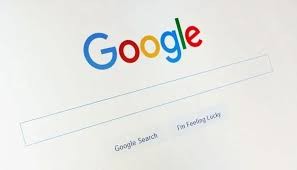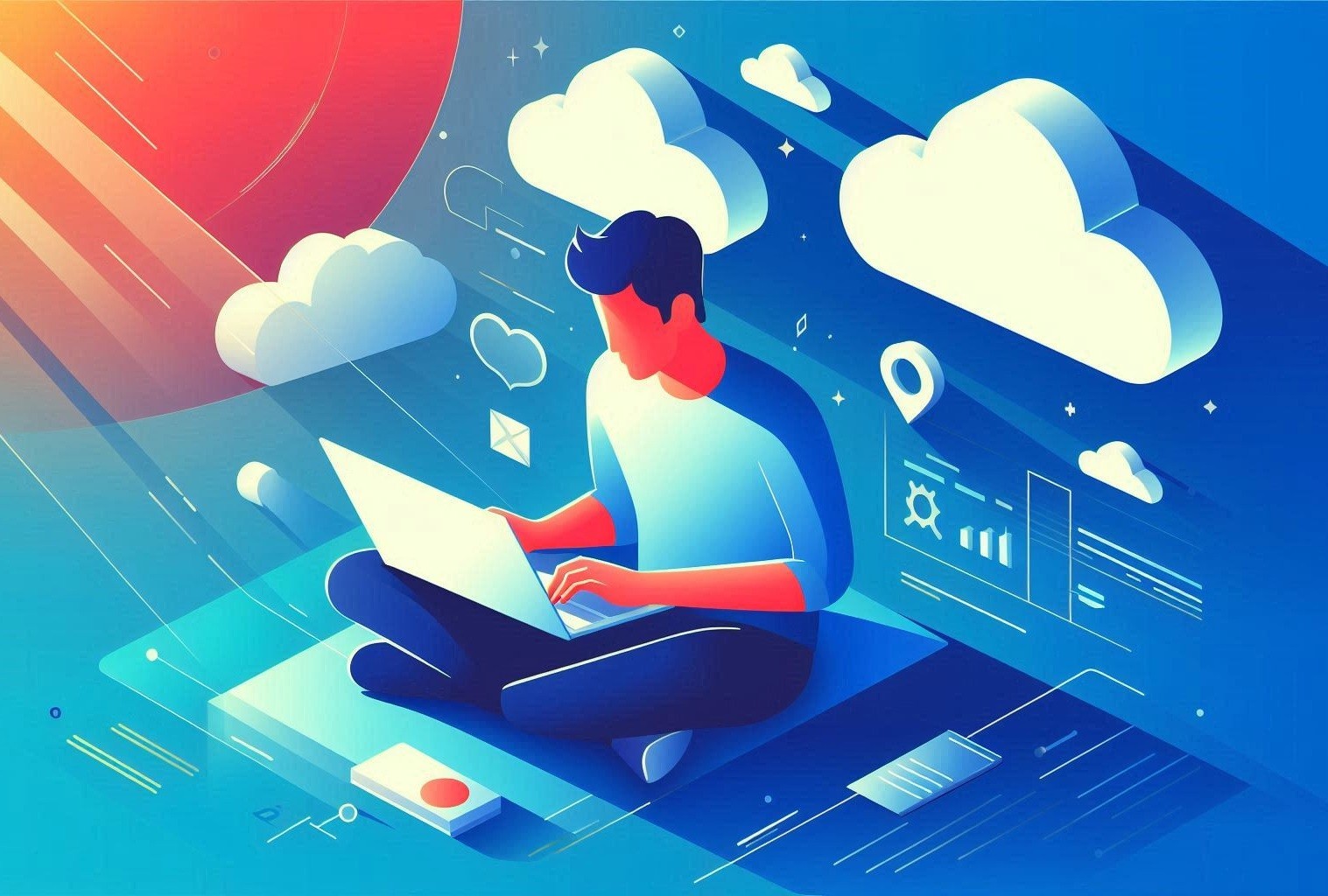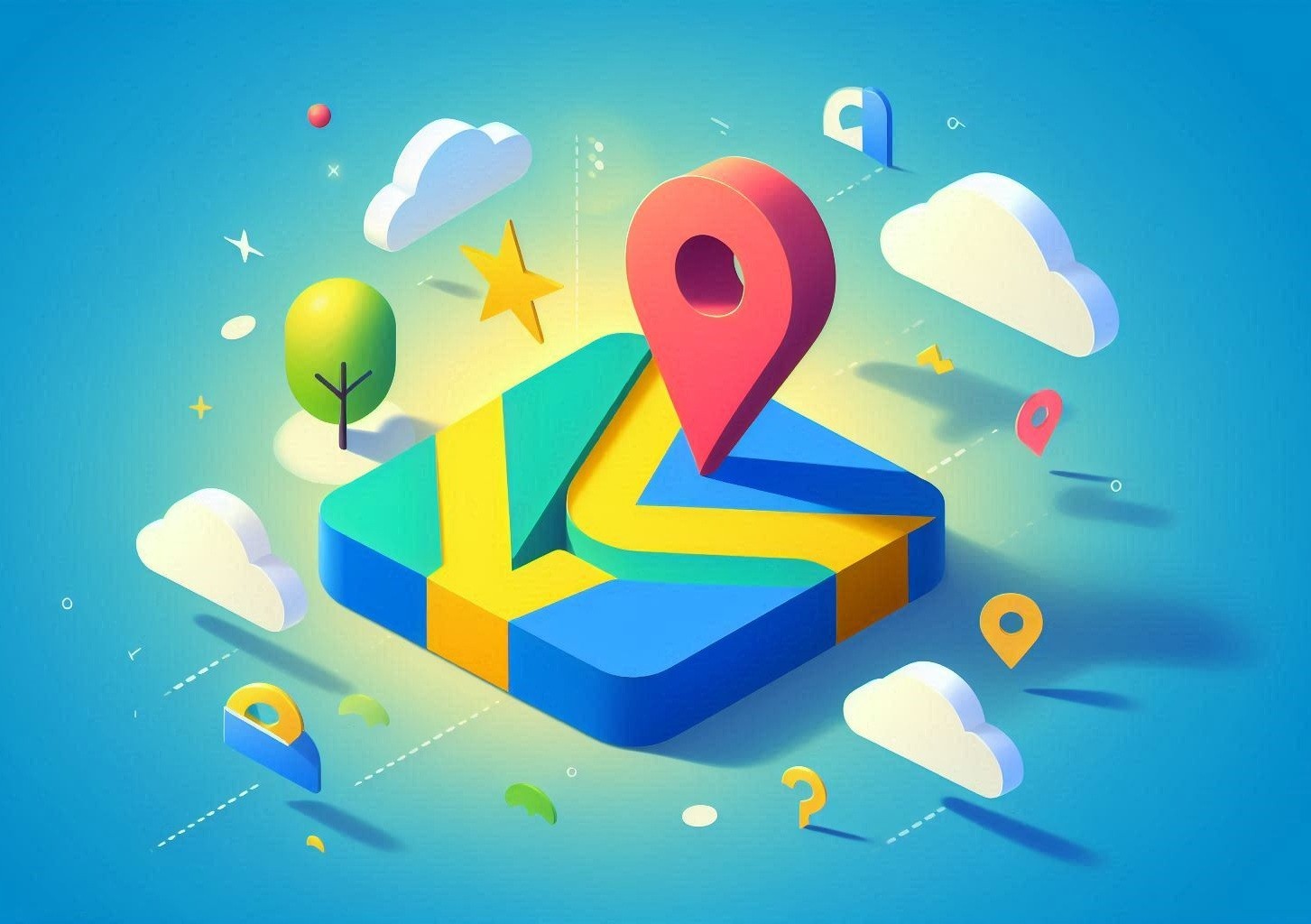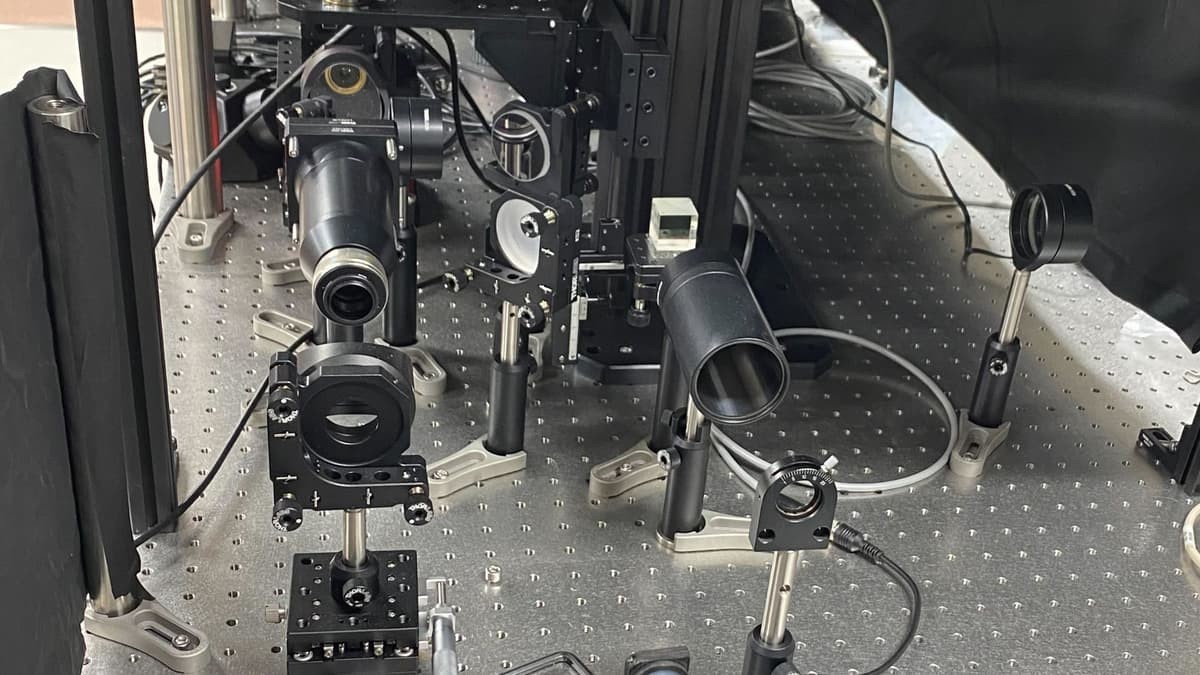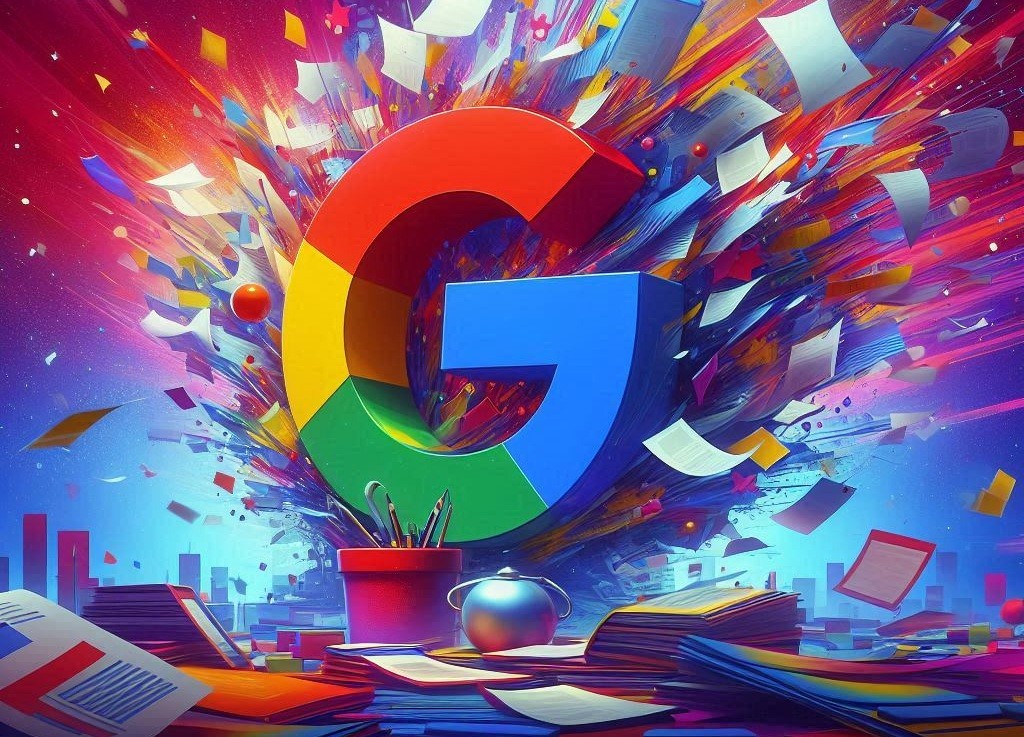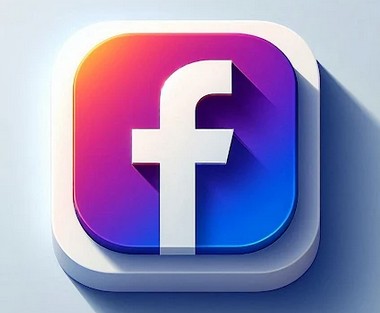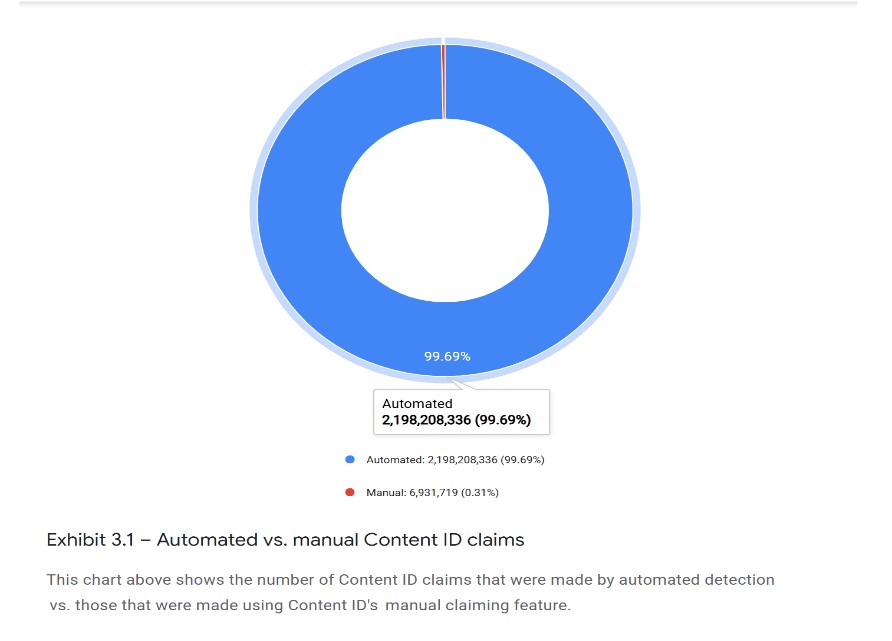Apple Considers Shift To AI-Powered Search, Signaling End of Google-Led Era
Apple Inc. is exploring a major overhaul of its Safari web browser, with a shift towards AI-driven search engines. This move marks a significant change in the industry, accelerated by the possible end of its long-standing partnership with Google.
Eddy Cue, Apple’s senior VP of services, revealed during testimony in the U.S. Justice Department’s antitrust case against Alphabet Inc. that Apple is considering shifting Safari toward AI-based search. The case centers on a $20 billion annual agreement that makes Google the default search engine on Apple devices—a deal that could be dismantled, potentially reshaping the user experience on iPhones and other Apple products.
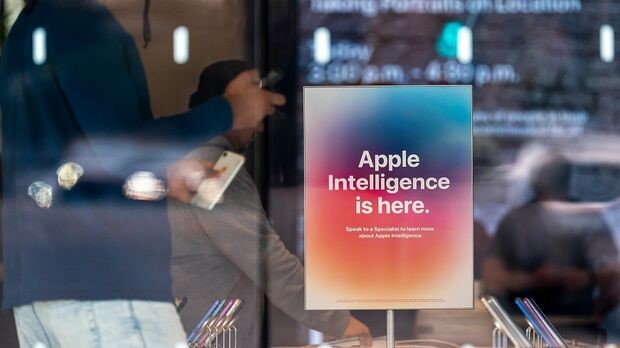
Figure 1. Apple Considers AI Search, Marking the End of Google’s Dominance
Beyond the potential shake-up from the antitrust case, AI is already shifting consumer behavior. Eddy Cue noted that Safari searches declined for the first time last month, which he attributed to growing AI adoption [1]. He predicted that AI-driven search providers like OpenAI, Perplexity AI, and Anthropic will eventually supplant traditional search engines such as Google—and that Apple is likely to integrate these AI options into Safari going forward. Figure 1 shows Apple Considers AI Search, Marking the End of Google’s Dominance.
Eddy Cue acknowledged that while AI search engines like OpenAI, Perplexity AI, and others may not replace Google as the default option just yet, they will likely be added as alternatives in Safari. He noted that improvements are still needed before they could take on a more prominent role. Cue also highlighted a shift in perspective, explaining that, prior to the rise of AI, alternative search engines weren’t considered viable options. However, he now sees much greater potential in new entrants that are tackling search in innovative ways.
The potential end of Apple's long-standing reliance on Google Search marks a major turning point for the tech landscape, especially given Apple's ecosystem of over 2 billion active devices. Since the iPhone's debut in 2007, Google has been the default gateway to the web. But with AI-driven alternatives emerging, that model is being disrupted. Investors reacted sharply to this uncertainty: Alphabet shares plunged up to 8.7%, Apple dropped as much as 2.7%, and the S&P 500 briefly turned negative, wiping out earlier gains.
Apple is expanding its AI offerings by integrating ChatGPT into Siri and planning to add Google's Gemini later this year. According to Eddy Cue, the company has also evaluated other AI models from Anthropic, Perplexity, DeepSeek (China), and Grok by Elon Musk's xAI. Apple’s deal with OpenAI doesn’t restrict it from working with additional AI providers, including developing its own.
Cue revealed that before selecting ChatGPT for Apple Intelligence in iOS 18, Apple held a "bake-off" between OpenAI and Google. Google's proposal included terms that Apple ultimately rejected—terms not present in the OpenAI agreement.
Eddy Cue suggested that rapid technological change could make current devices like the iPhone obsolete within a decade. He emphasized that true market competition often emerges from major technological shifts—like the current rise of AI—which open doors for new players.
Cue noted that while AI search providers still need to improve their indexes, their standout features may be compelling enough to drive user adoption anyway. With substantial investment and serious players involved, he believes the transition from traditional search to AI-driven search is inevitable.
Eddy Cue acknowledged that large language models powering generative AI will keep advancing, likely driving a shift in user behavior. However, despite the growing promise of AI, he maintained that Google should remain Safari's default search engine—primarily due to the lucrative revenue-sharing deal, which he admitted causes him concern at the thought of losing. Cue noted that, financially, the current arrangement with Google is still the best option for Apple.
Last year, Apple and Google deepened their partnership by integrating Google Lens into iPhones as part of the Visual Intelligence feature, allowing users to analyze images using Google's AI. Meanwhile, Apple updated its agreement with Microsoft’s Bing—still not the default in Safari—to a flexible year-by-year contract. However, Apple continues to trail behind rivals in AI development [2]. It lacks a proprietary AI search engine and has delayed key Siri upgrades that would leverage personal data for better responses. At its upcoming developer conference on June 9, Apple plans to unveil enhancements to its AI platform, Apple Intelligence.
References:
- https://www.brown.edu/news/2025-05-08/robot-motion
- https://techxplore.com/news/2025-05-ai-motion-kinds-robots.html
Cite this article:
Janani R (2025), Apple Considers Shift To AI-Powered Search, Signaling End of Google-Led Era, AnaTechMaz, pp.92




